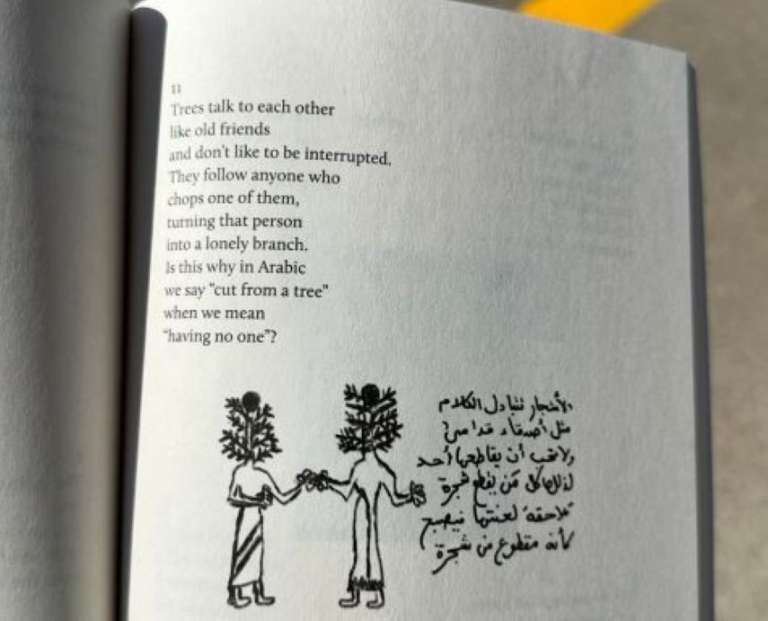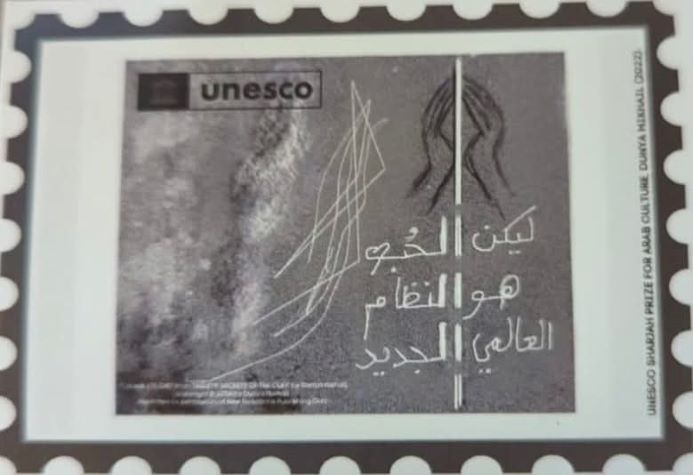Cuneiform lives on in the poetry of Dunya Mikhail
MICHIGAN, U.S. — In her latest poetry collection “The Tablets: Secrets of the Clay”, Chaldean-Syriac-Assyrian poet Dunya Mikhail resurrects the world’s earliest script—ancient Sumerian cuneiform—transforming it into a living, modern poetic form. Each of the book’s ten sections consists of 24 short poems, blending text and visual art in ways that make ancient symbols feel startlingly contemporary.
“In these tablets, I’ve practiced at least two layers of translation,” Mikhail writes in a note accompanying the collection. “First, from Arabic to English. Second, from words to images. What I’ve received from my ancestors are offerings for the future—not the past. Now, it is my turn to pass them on to you.”
Born in Baghdad, Mikhail began her career in translation and journalism before emigrating to the United States in the 1990s. Over the past four decades, she has written extensively on Bethnahrin and Iraq, its history of conflict and loss, and her own experience of exile. Her poetry first appeared in Arabic in the mid-1980s. In 2005, New Directions published “The War Works Hard”, translated by Elizabeth Winslow. The collection was shortlisted for the Griffin Poetry Prize and marked the first time a book by an Iraqi Chaldean-Syriac-Assyrian poet was published in the U.S.
Since then, Mikhail has published six additional books, often self-translated or written in both Arabic and English. These include the hybrid poetic memoir “Diary of a Wave Outside the Sea” (2009), which won the Arab American Book Award; the novel “The Bird Tattoo” (2022); and three more collections of poetry, the most recent being “The Tablets: Secrets of the Clay”. Her first work of prose, “The Beekeeper” (2017), is a harrowing oral history of the Yazidi genocide in Iraq and Syria, told through phone calls with women who escaped captivity under the terrorist organization Islamic State.
In recognition of her contributions, Mikhail received the UNESCO-Sharjah Prize for Arab Culture. She described the award as an honor that motivates her to offer her best work and helps bring her voice to wider audiences. UNESCO also adopted a line from her latest book— “Let love be the new world order”—to feature on a commemorative poster, reaffirming the timeless relevance of ancient words in modern times.
























